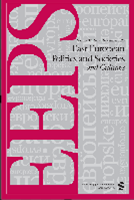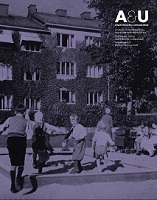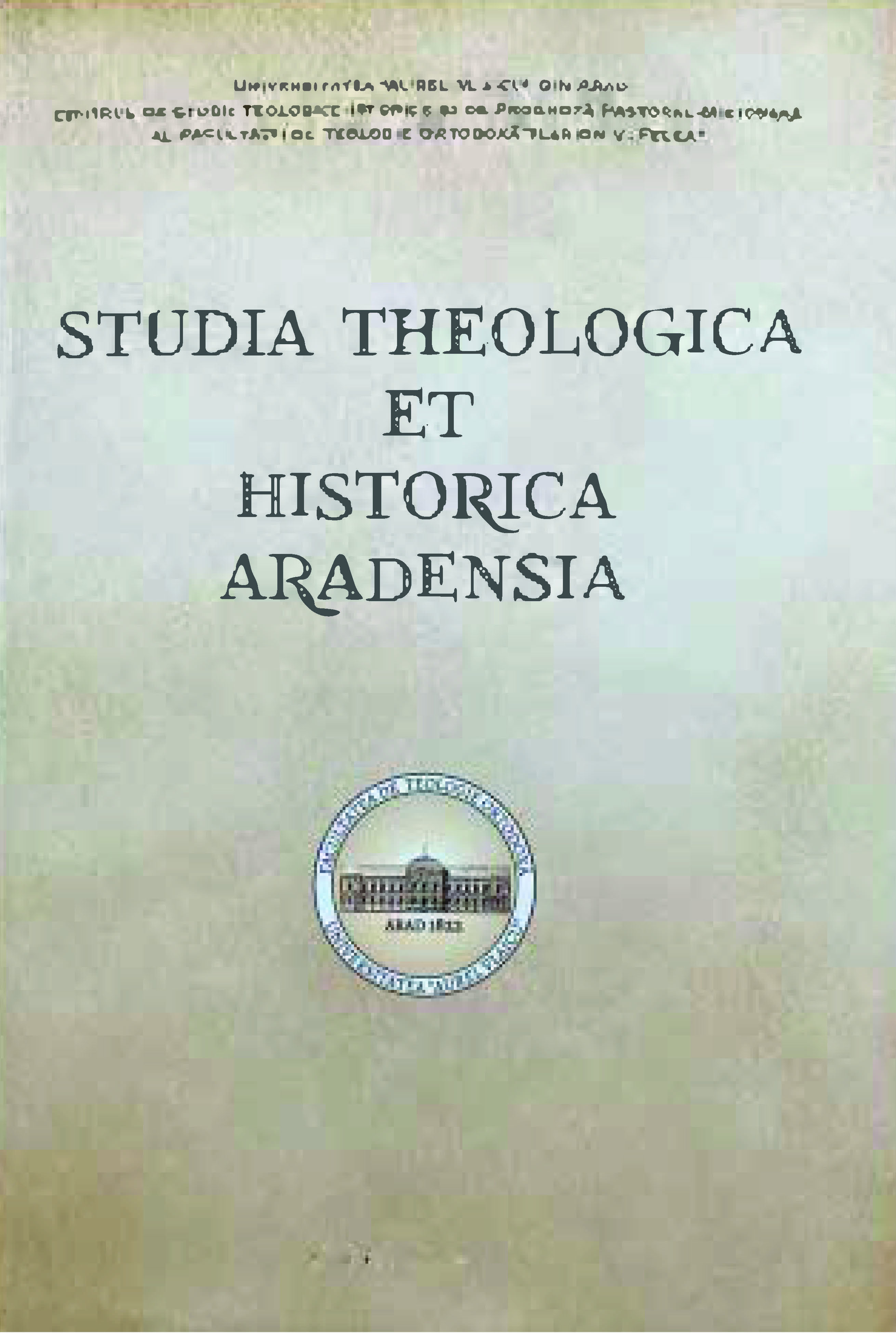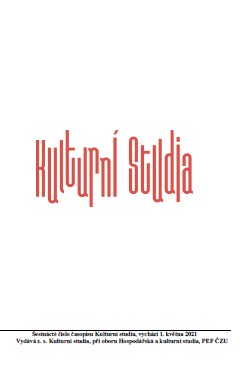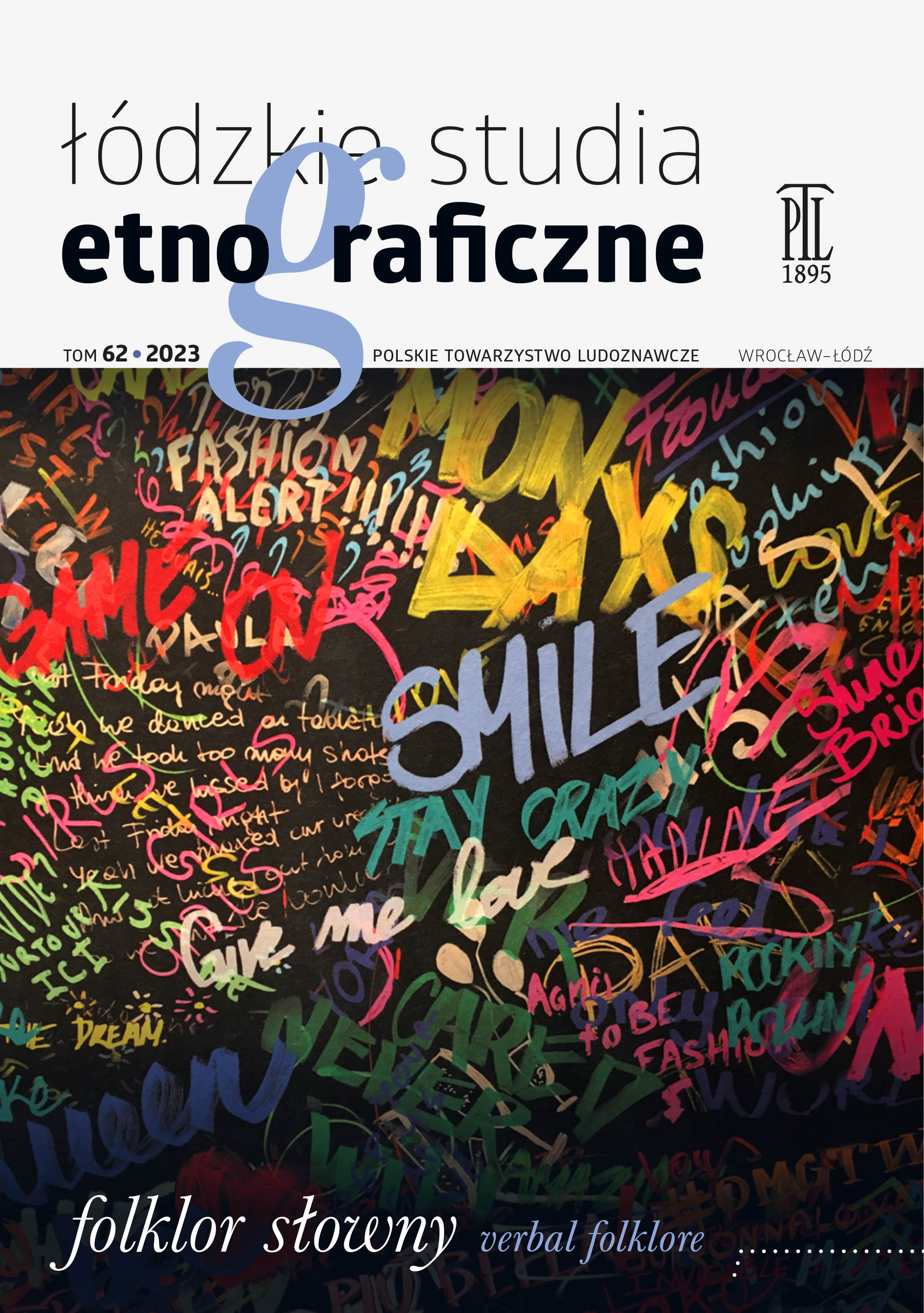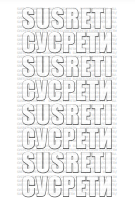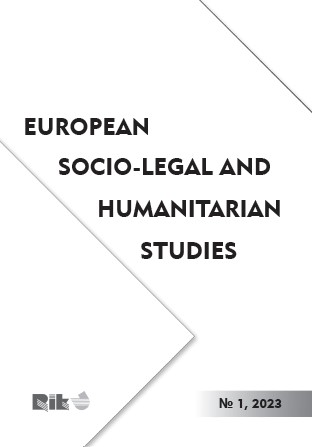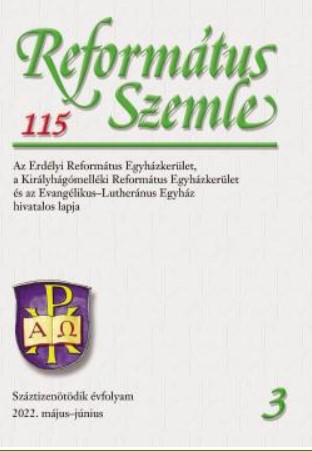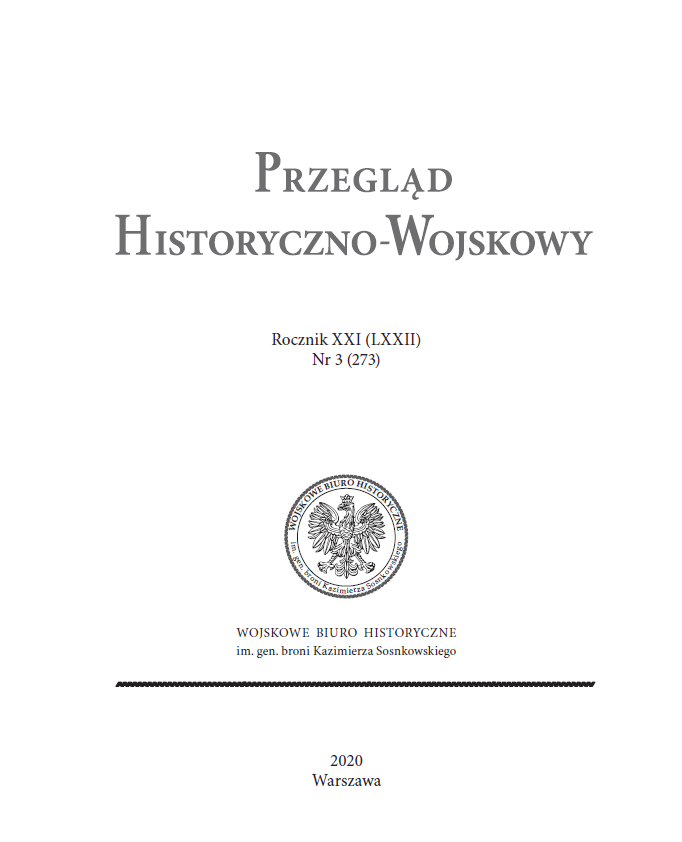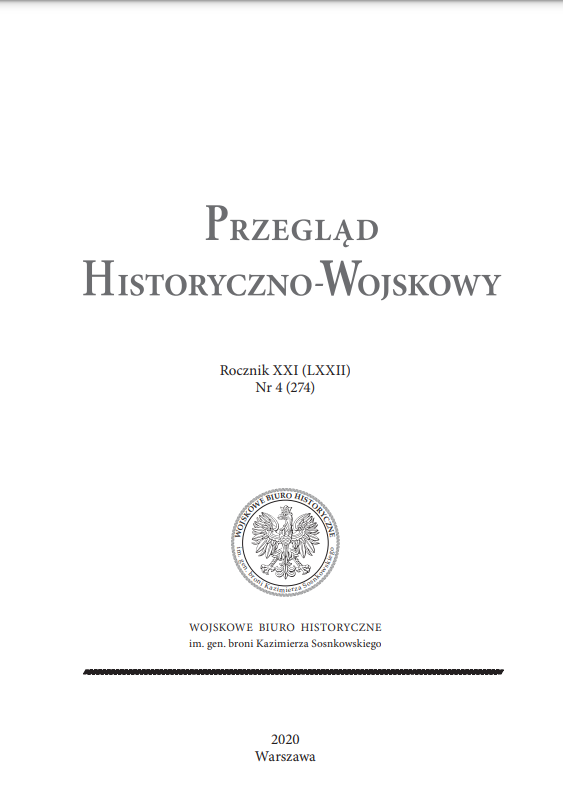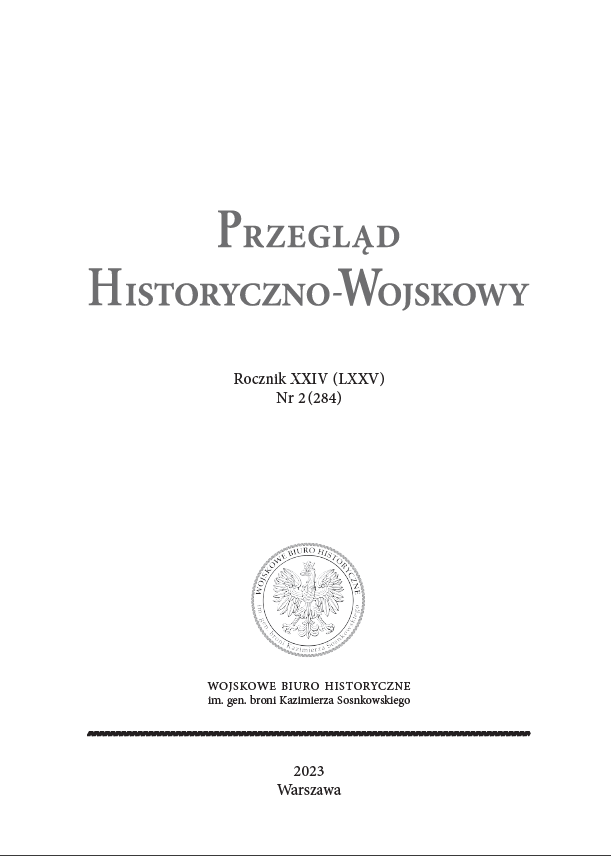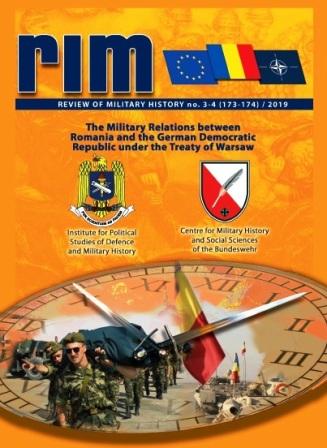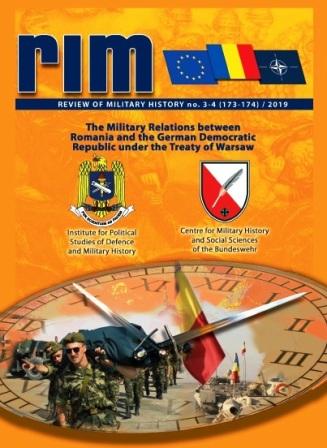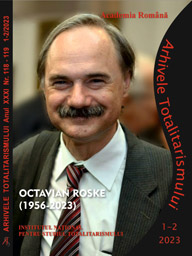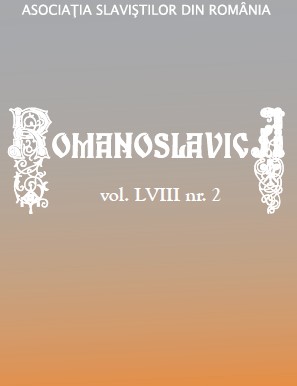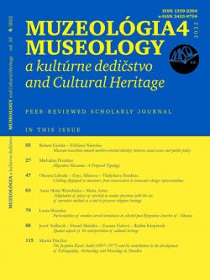
The forgotten Karol Andel (1897-1977) and his contribution to the development of Ethnography, Archaeology and Museology in Slovakia
The paper is an evaluation study of the biographical work of Karol Andel, who, as a civil servant in the interwar and post-war periods, devoted himself to the amateur collection of ethnographic material and the search for archaeological sites. His work refuted opinions of the prehistoric sterility of many regions, and also laid the foundations of many ethnographic and archaeological collections in Slovakia – in Kysuce Záhorie, Levoča and Bojnice, and at the Slovak National Museum in Bratislava. In his fieldwork he collaborated with respected authorities of archaeology and ethnography in Slovakia, including J. Eisner, V. Budinský-Krička, Š. Janšák, B. Szöke, R. Bednárik and M. Markuš. Thanks to his lifelong professional work and passion, he eventually became a researcher at the Ethnographic Institute, and later the Archaeological Institute of the Slovak Academy of Sciences.
More...
